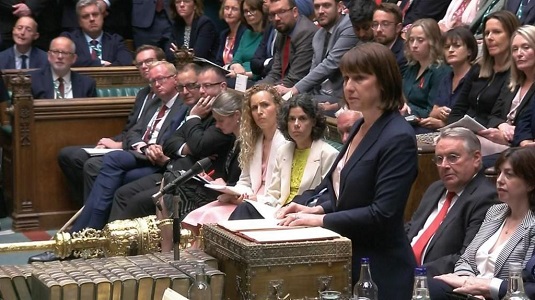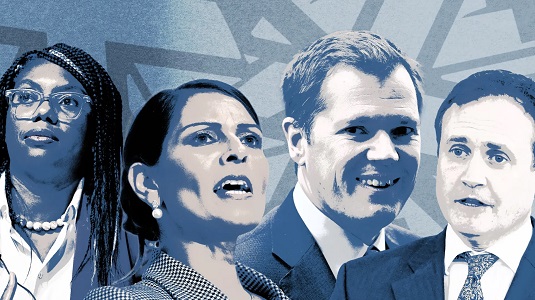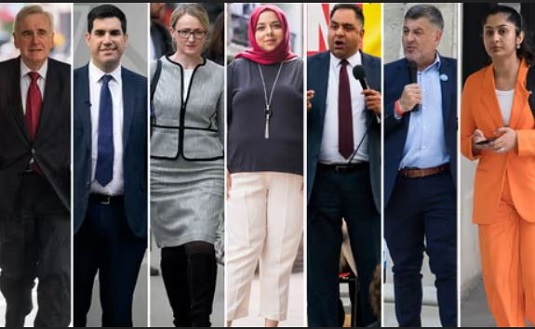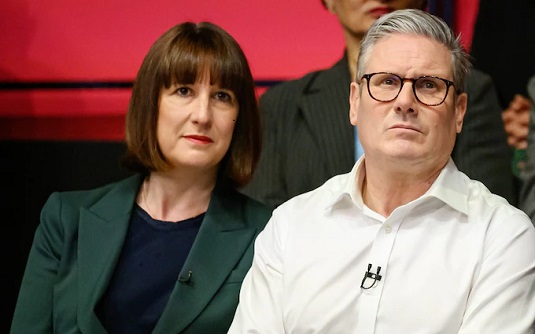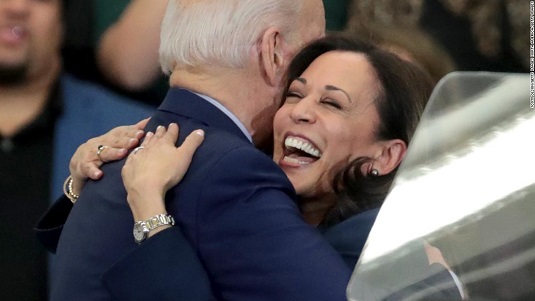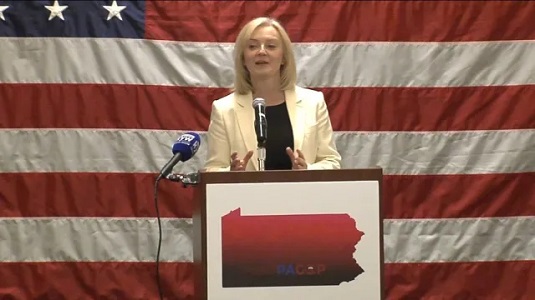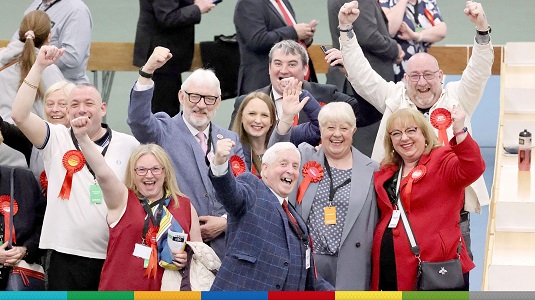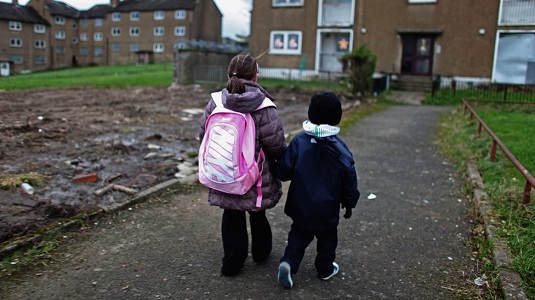
We've been here twice in 18 months. There was the riot at the Cenotaph, encouraged by Suella Braverman while she was Home Secretary. And then in February 2023, another mob - also mainly made up of people from outside the area - rioted in nearby Knowsley. Tonight, they're outside Downing Street scuffling with the police. The far right have grown in confidence and feel things are moving their way, thanks to the advances of the populist and far right on the continent, Donald Trump being in contention for the White House, and the election of five Reform MPs to the House of Commons.
About those MPs. Nigel Farage happily congratulates himself about the time he and UKIP (apparently) saw off the BNP. He presented the electorate with a respectable, non-fascist alternative to those "concerned" about immigration. And here we have this so-called safety valve claiming that the police were covering up the "terrorist motivations" - a dog whistle for Muslim if there ever was one - of the Southport stabbings. And in recent days we've seen his lackeys Richard Tice and Lee Anderson applauding a copper who stamped on the head of an incapacitated Asian man. This is not harmless shit talking for viral content. It's a call for their arms-length supporters to do what they do.
There have been calls for these three to face parliamentary standards investigations and, it's true, they should be open and shut cases if they happen. And the Daily Mail have reported that Yvette Cooper is considering banning the English Defence League. The first problem is the EDL doesn't exist except as lazy short hand for far right mobilisation. She would be banning a phantom. The organisation of the Southport racists is decentralised and distributed and doesn't have a formal structure with an HQ, bank accounts, and assets. There is no CEO or SLT, and no membership list. Just interlinked Facebook and WhatsApp groups, mailing lists, forums, and social media influencer networks. If Cooper wants a crack down she's going to have to take on the platform giants. And, as we know, Labour would rather shy away from confronting the powerful.
Politics is the easy and difficult answer to the far right. And that means pointing the finger at all politicians that have contrived this situation. From Theresa May and her crusade against immigration to the last three Tory horrors and their appalling Rwanda scheme to the new Tory leadership hopefuls banging on about the subject. Labour's is a straightforward contribution-through-capitulation to this hard right commonsense. The answer is building cohesive communities. Southport's reply has been exemplary in this regard through community clean up and local residents of all backgrounds helping repair the mosque. The answer is a politics that doesn't merely say refugees/migrants/Muslims welcome here, but takes on the lies of the politicians and the media by stating clearly and repeatedly that they are not to blame, and will not accept the scapegoat labels these elites are trying to paste onto them. And yes, as history has shown time and again, only mass mobilisation and confrontation with the far right can see them off.
